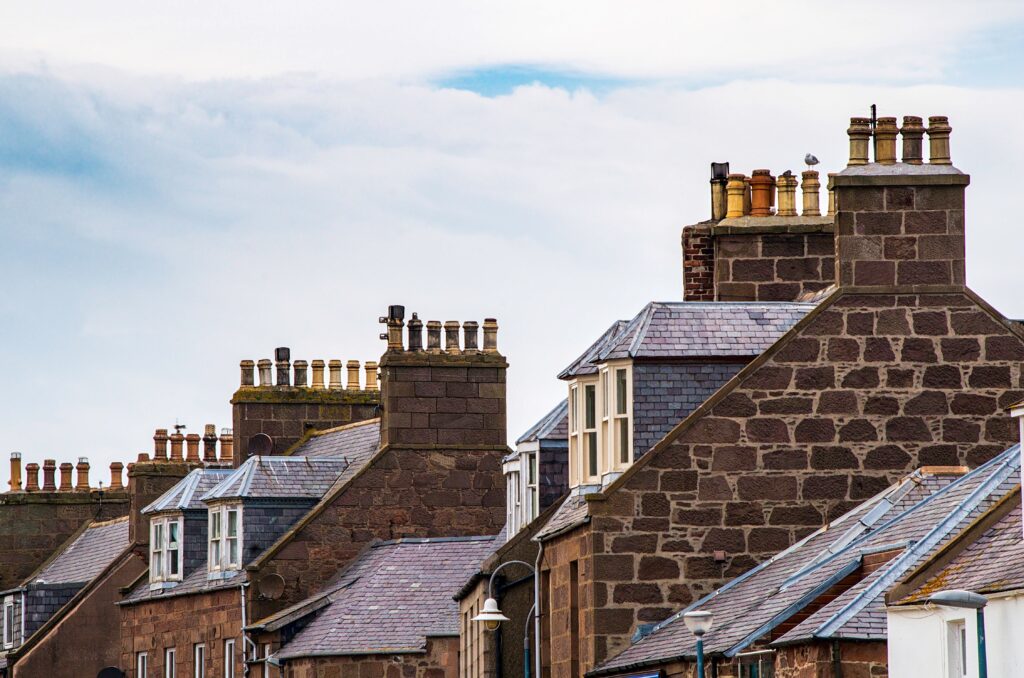Your home is designed with your safety in mind. Don’t be alarmed – it is normal for all gas systems to emit toxic gases. These gases are removed from appliances via a chimney or vent, and expelled safely into the atmosphere. (Please see our article on how we’re building greener homes to reduce the negative impact of this process!)
Owing to the importance of the chimney or vent in keeping you safe, it is vital that they’re not tampered with and are not blocked in any way. Please let us know if any of your boiler vents are blocked, any damage to boiler casing, or damage to the boiler pipes (flue.)



